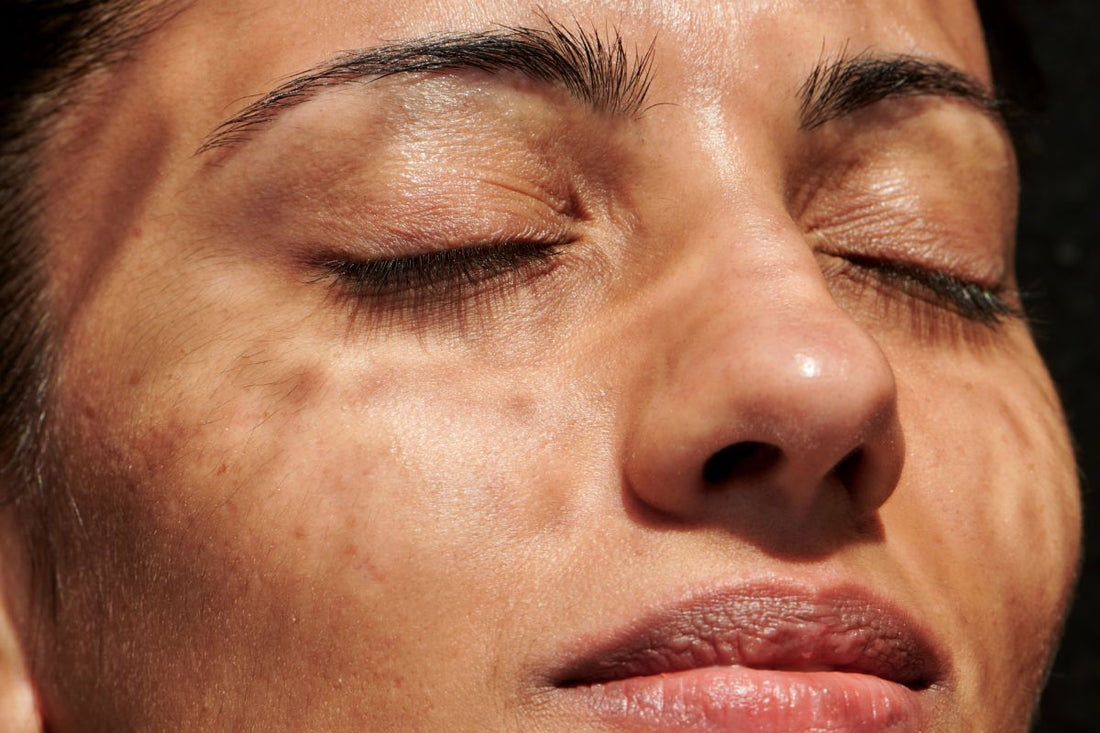How often should you wash your face?

Washing your face can seem like a real hardship. Who has time in this modern age? But failing to wash it regularly can cause a whole host of skin problems.
Here’s the lowdown on when you should be doing it and what you should be using.
How often should you wash your face?
Every person should wash their face both morning and night. Sweaty occasions may call for a third wash.
If you can only commit to a wash once daily, do it before you go to bed, adds Zeichner, who is the director of cosmetic and clinical research in dermatology at Mount Sinai Hospital.
This will help remove grime and oil that’s built up over the course of the day, along with things like makeup.
How often should you wash it if you have dry or sensitive skin?
Washing the face twice a day may prove to be irritating for sensitive or dry skin types.
If you tick that box, cleanse properly at night using a brush and a gentle formula and simply rinse with warm water in the morning.
Hydrating cleansers are a good option for people with dry skin. “These products typically don’t lather and help moisturize while they cleanse the skin” Zeichner says.
How often should you wash if you have oily or acne-prone skin?
The urge to over cleanse is common in those with oily or acne-prone skin. There’s no need to wash your face more than twice a day. In fact, doing so may dry out your skin.
When this happens, do whatever it needs to do to regain moisture.
This includes “making its sebum production work in overdrive, causing more oil and more acne than there was originally.”
If you fall into this category, opt for a cleanser containing hydroxy acids to remove excess oil.
How often should you wash if you have combination skin?
Combo skin types are seen as the lucky ones. In this case, you can take your pick of the cleansers on offer. It’s still advisable to wash twice a day and use a gentle formula “that removes impurities, deep cleans pores, helps remove makeup, and leaves the skin feeling refreshed, clean, and hydrated.
Also, don’t overlook foaming cleansers. These can remove oil and aren’t too harsh on dry patches.
How often should you wash if you wear makeup?
Makeup can clog pores if not properly removed, causing breakouts.
Makeup wearers should wash their face in the morning followed by a more thorough cleanse at night.
Either remove makeup with a makeup remover pad before using a cleanser or double cleanse to ensure all traces are gone.
How often should you wash if you exercise?
Any activity that involves sweating requires an extra wash to remove said sweat and dirt.
If you’re out and about and don’t have a cleanser to hand, try makeup remover pads that need only water to remove sweat and makeup.
They’re great for cleansing the skin and removing sweat and dirt until you can properly clean your face with a brush and a facial wash again.
What should you use to cleanse?
If your skin has no special requirements and you don’t wear makeup or routinely sweat, you may get away with a good, old-fashioned splash of water and face wash morning and night.
Just make it lukewarm — not boiling hot or freezing cold.
However, everyone else should use a soft facial brush that helps to exfoliate and remove impurities, but won’t strip the skin of natural oils.
Avoid products containing potentially irritating ingredients like fragrance or alcohol.
Is this all you need?
Cleansing is the most important part of a skin care routine. A standard morning regimen begins with properly washing your face, followed by moisturizer to hydrate and sunscreen to protect.
Before bed, cleanse the skin again and exfoliate once or twice a week to remove lingering grime and dead skin. Then you can apply a thicker night cream.
Of course, you’re free to add any number of serums and treatments, but always start with a cleanse.
The bottom line
Try to wash your face twice a day — but don’t forget to listen to your skin.
If it’s red, overly dry, or shows any other signs of irritation, something isn’t right.
In those cases, your best bet is to book an appointment with a dermatologist. Don’t underestimate professional, personalized advice.
